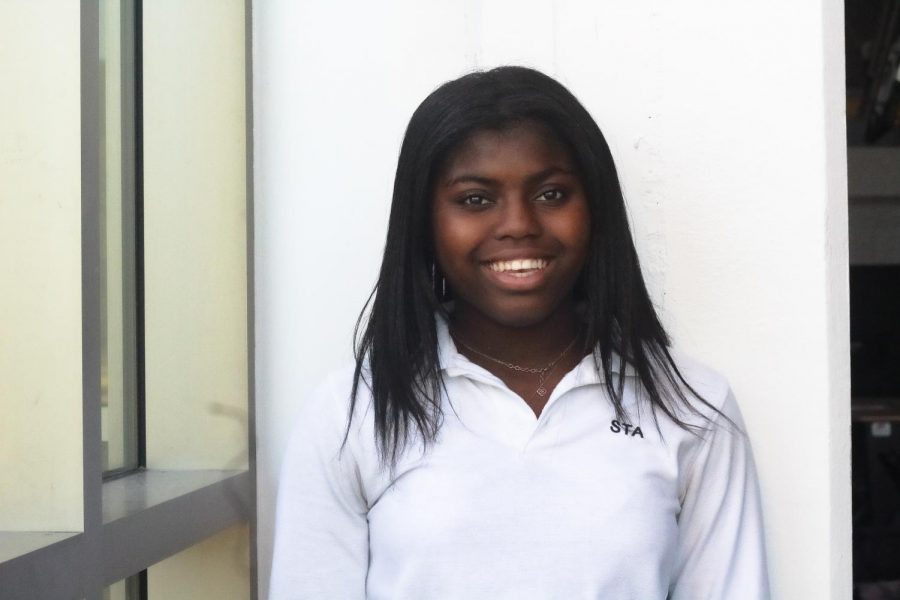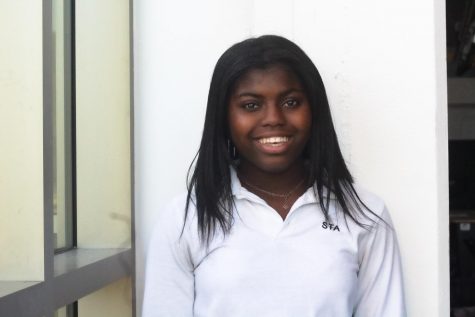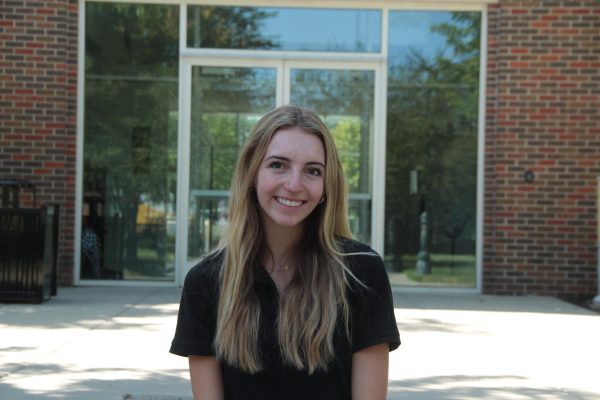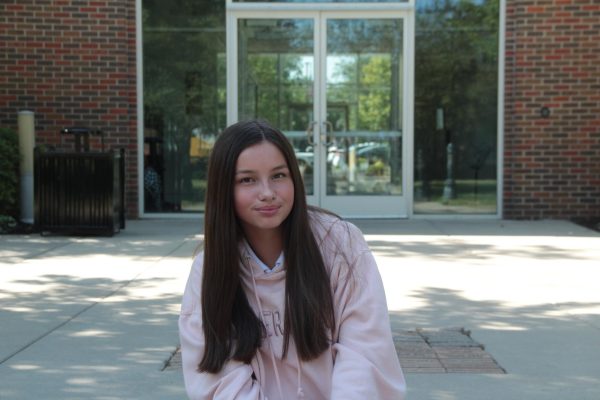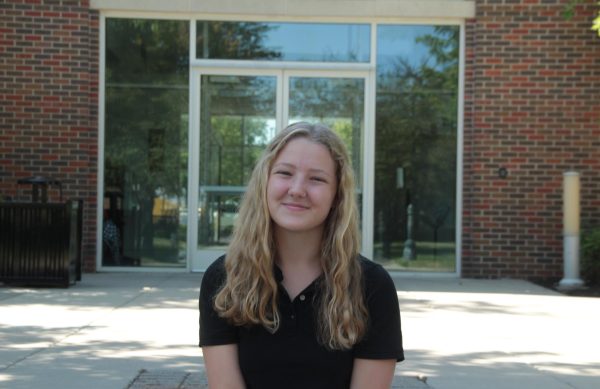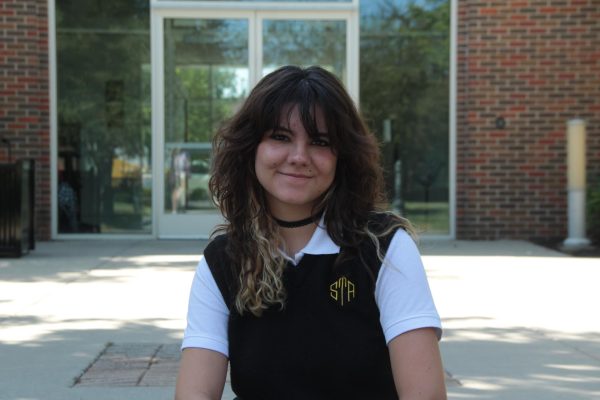I don’t need to see black pain
When I go to the movie theater, I do not want to view movies only centered around black people’s trauma.
December 19, 2019
I know black history. Maybe not as well as I’d like to, but through research of my own, and multiple summers spent at Freedom School, a summer program in which black students read and discuss black history, I get the gist. I know the pain and the struggle; the chains, both physical and systemic. I understand my own sense of blackness more than anyone, and our collective pain plays a part in my everyday existence. That pain has to be acknowledged for us to move forward and upward. However, I do not wish to be reminded of that pain every time I want to see a movie featuring people that look like me.
Recently, I wrote a review of the movie “Harriet,” a Harriet Tubman biopic. In my critique, I noted the extraneous display of the destruction of black bodies. It seems like in almost every movie I see, blackness is the root of trauma. While that trauma is imperative to understanding black History, it is not all that we are. My blackness is more than just slavery and oppression. It is a symbol of music and dance — of creativity and culture.
Black people’s roots are in all aspects of American pop culture as we see it today. We inspire fashion, create the newest dance trends and mold modern language through slang that emerges from our communities. We have so much to offer through our stories.
I was reading a Vox article, and as of early 2016, there have been ten black actresses nominated for Best Actress at the Oscars. Nine of those actresses were portraying homeless women. The one left was a maid. Not a single one has been a business executive or even college-educated. From my own research, I saw that there has been one more nominee, Ruth Negga for her work in the movie “Loving” which is centered around an interracial relationship in the mid-20th century, dealing with racism and fighting anti-miscegenation laws that deem their marriage invalid. All of these women were incredible in their roles, enough to overcome odds and be nominated for an Academy Award. However, black creatives are only given this level of critical acclaim and rewarded for their work when it centers around struggling black people. Why, then, should we expect black creatives to create stories having to do with our success if mainstream media is so fixated on our pain?
Last year, I reviewed the movie “The Hate U Give.” I loved the book, and it’s a story that deserves to be told by a black author. However, I want to see more movies like “Everything Everything,” where a black teenage girl finds love, and her struggle comes from another source than the color of her skin. I want to see a black woman receive critical acclaim without having to screech in pain as the whip hits her back, or her loved one is shot down by police. I want to experience the magic and escapism my white peers get from the movies.
Teach this pain and suffering in history classes with the Revolutionary War, not in every piece of black cinema that critics deem valid works of art. I want to consume media with black protagonists and a happy ending. I want to watch a film without flinching every time a police officer or white man on a horse appears. I want to see cover art with black women in suits and gowns, not maid uniforms and haggard slave clothing. I want to see love stories in futuristic dystopian universes, where their largest adversary is an alien spaceship, not racial oppression.
Imagine every time you go to watch a film, the story is reminiscent of “The Handmaid’s Tale.” Every scene is tied to your womanhood being degraded and mutilated. The joy of cinema is removed. You get a reprieve with “Captain Marvel” and think things are changing. Then the next movie you watch is based on the force-feeding and imprisonment of suffragettes in the 19th century. It is emotionally exhausting, and that is my reality.
My blackness is ever-present. I know this. The world knows this too. I want to see everything I am on screen besides my struggle.



